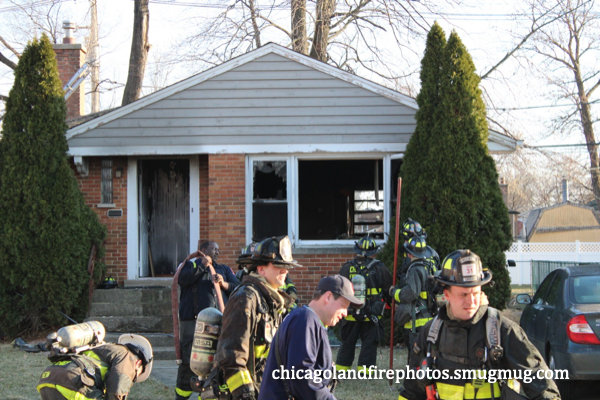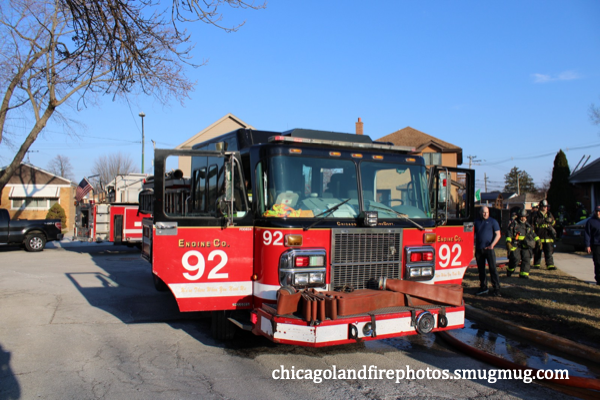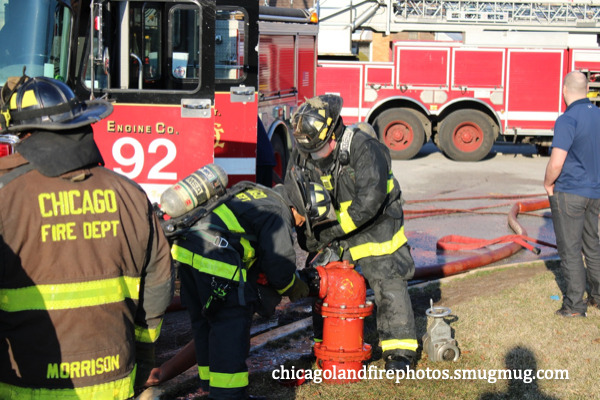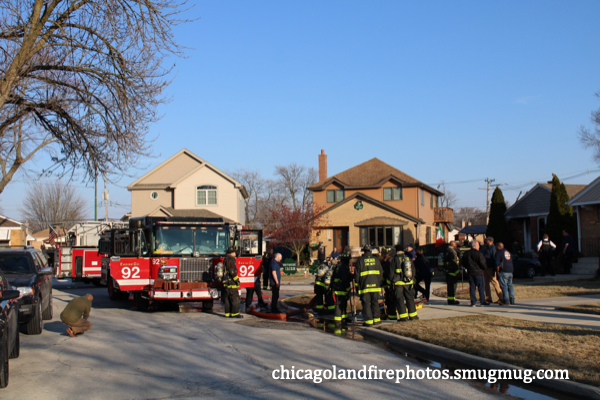Excerpts from khqu.com:
After the loss of Ross Booker who was killed by a 16-year-old after a Scott’s Law violation in early March, some tow truck drivers are asking if something can be done to make their jobs easier.
Taylor Feldkamp of Feldkamps Towing wants to see if tow companies can use red and blue lights on their trucks, along with the white and amber they already use.
This is something that has been implemented in at least two other states; New Mexico allows blue lights to be used on trucks and Missouri allows blue and red lights if they are rear-facing.
While this will not be appearing in front of the General Assembly immediately, legislators said it is something they want to look into.























































